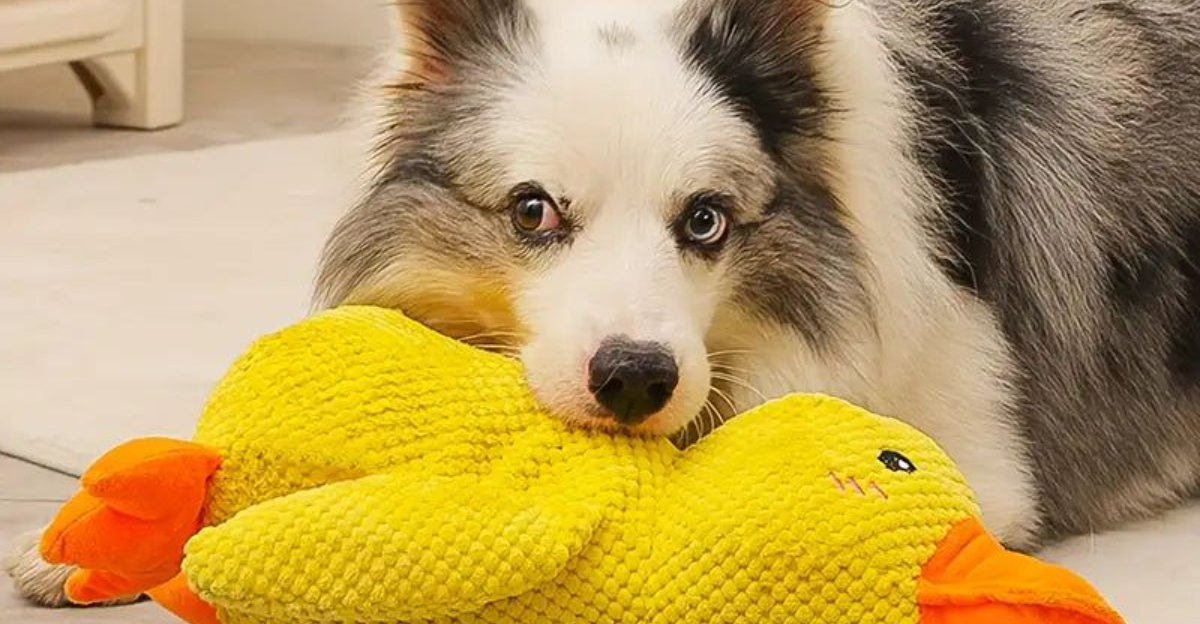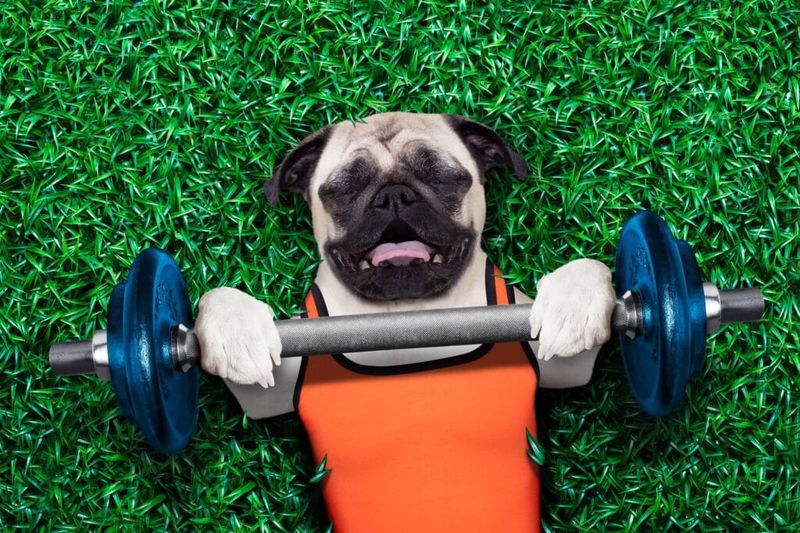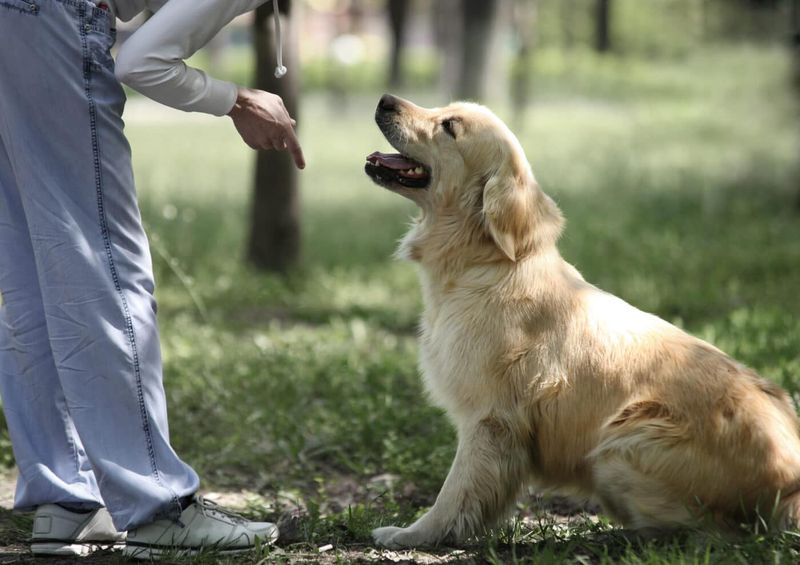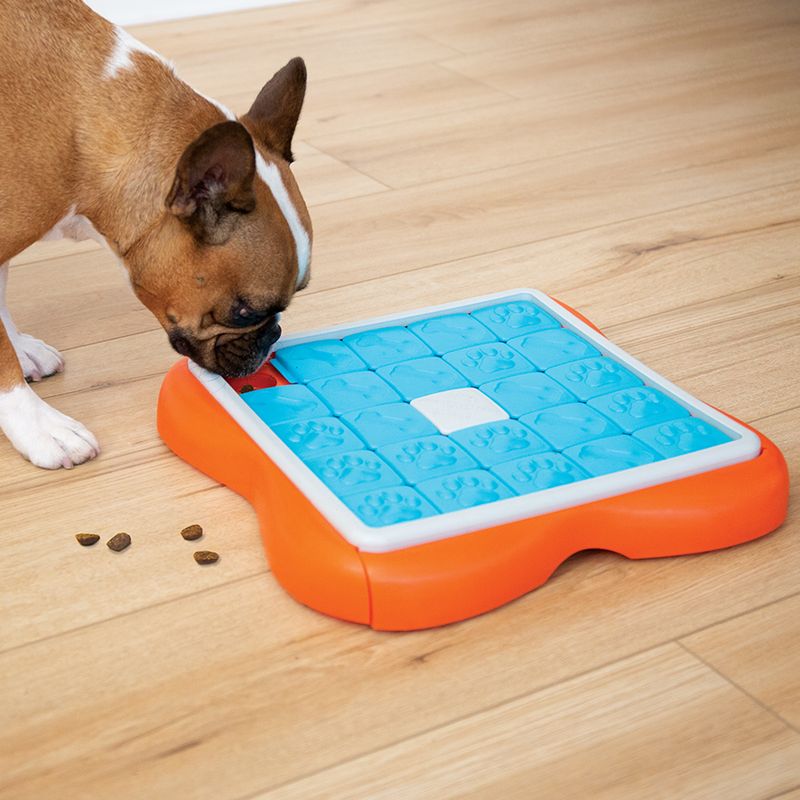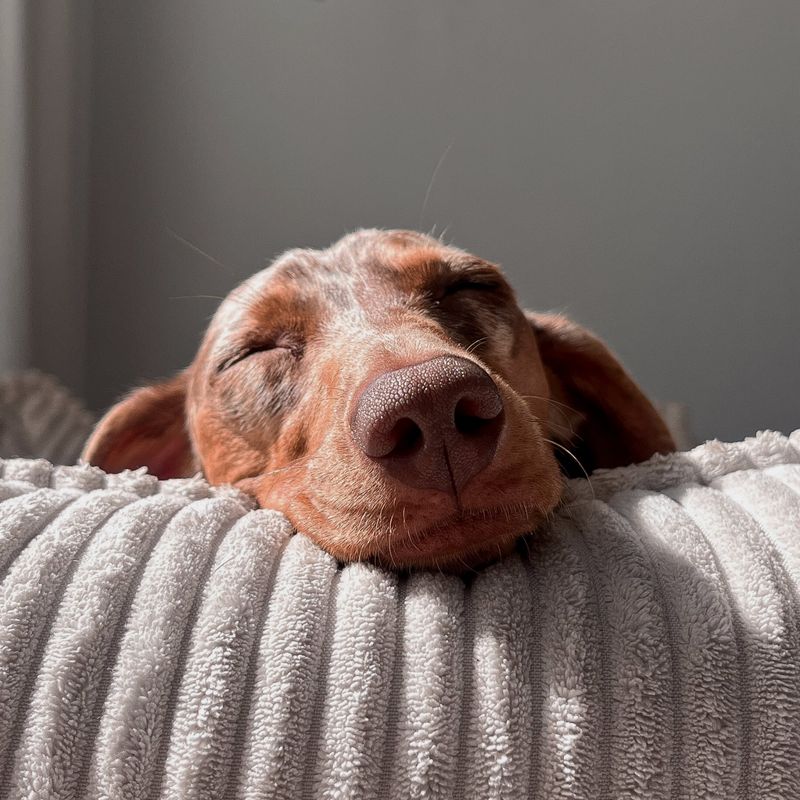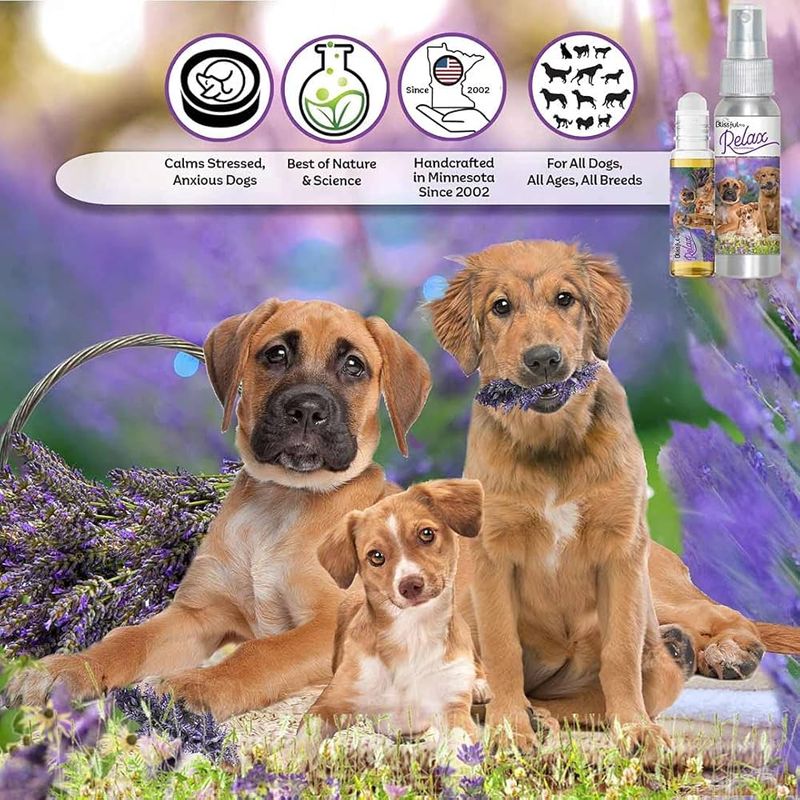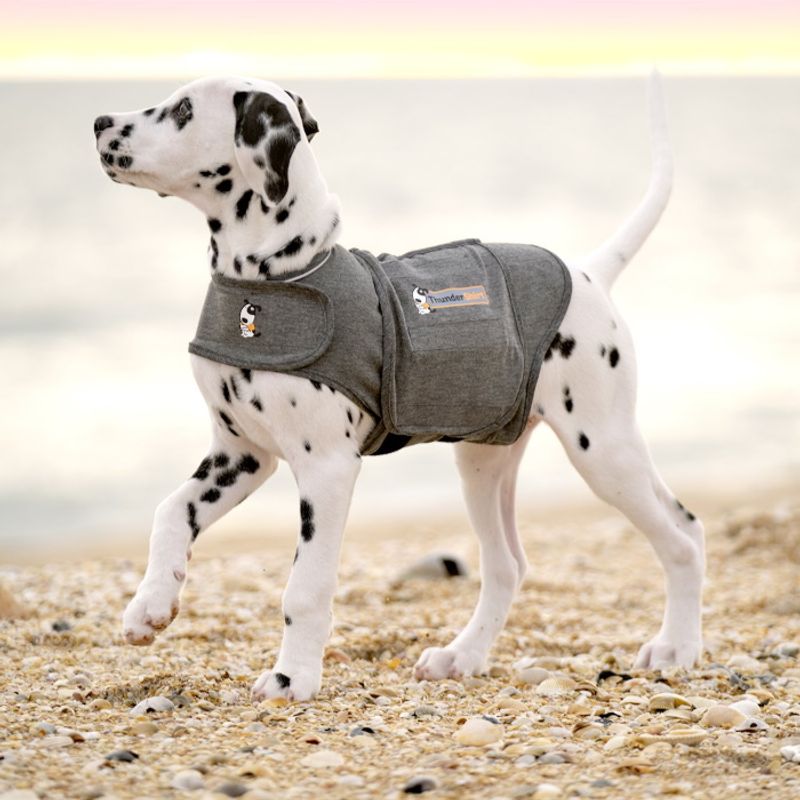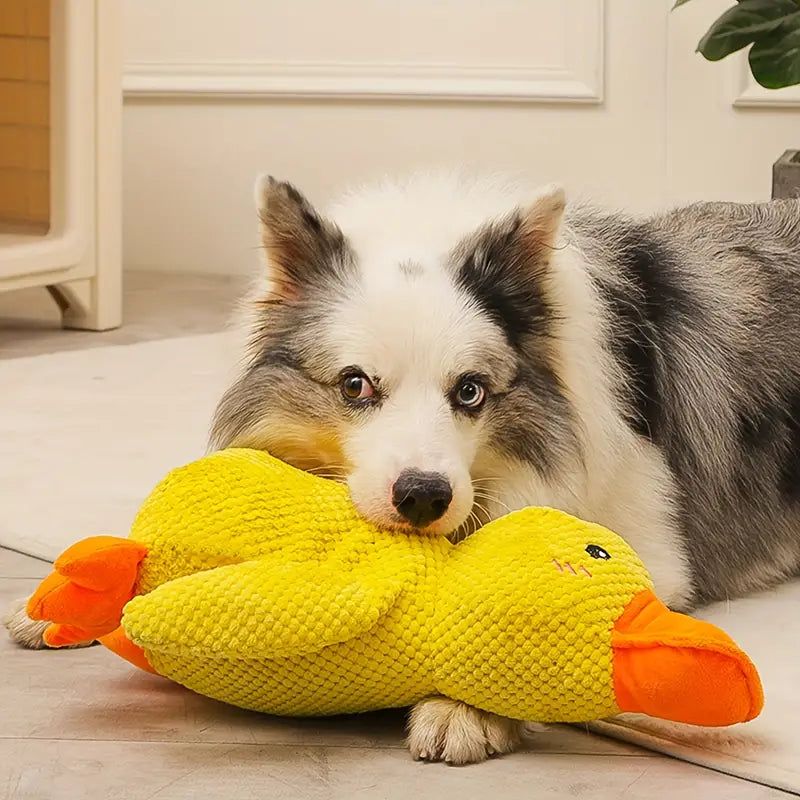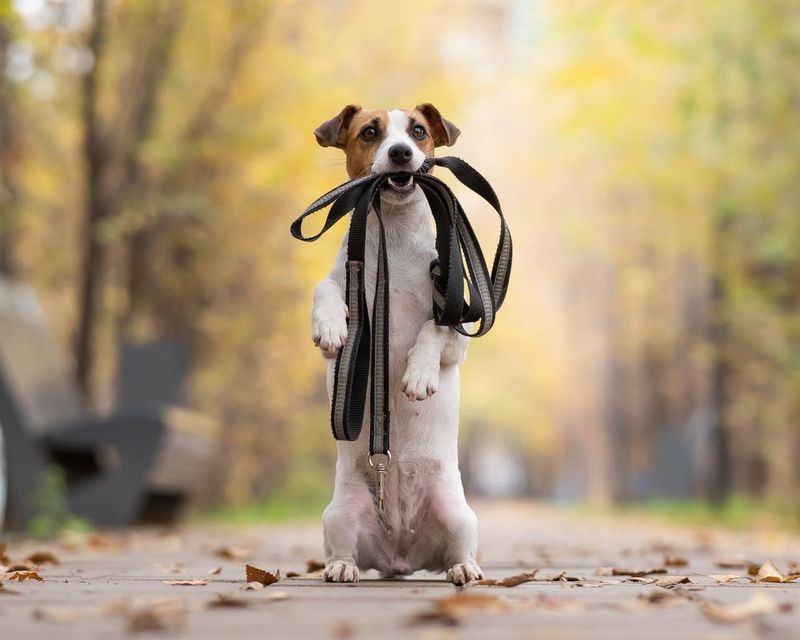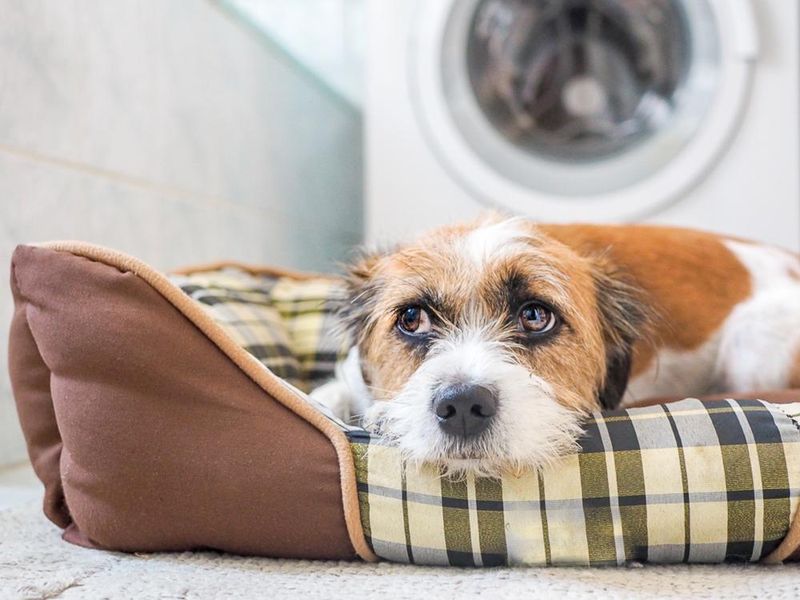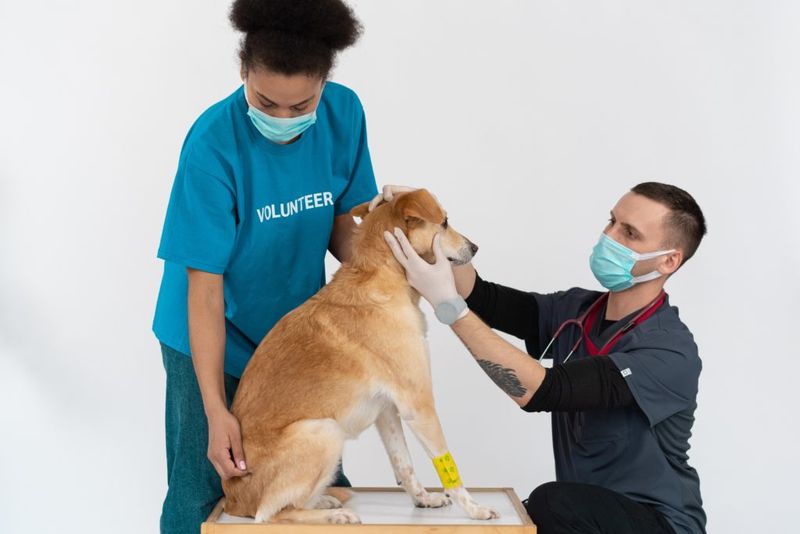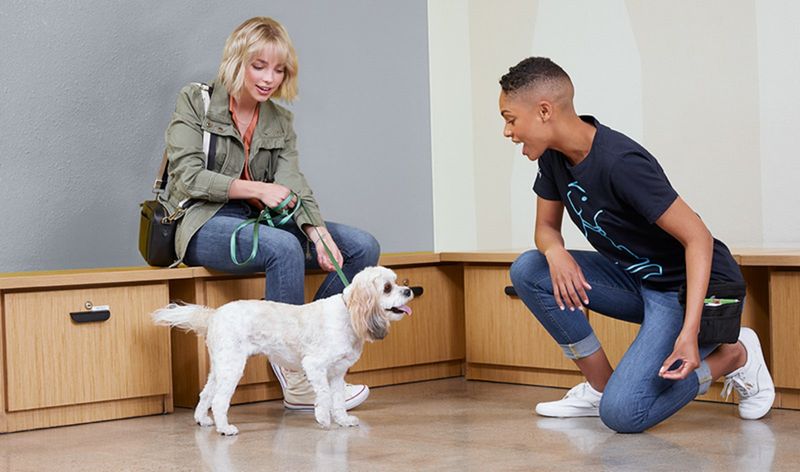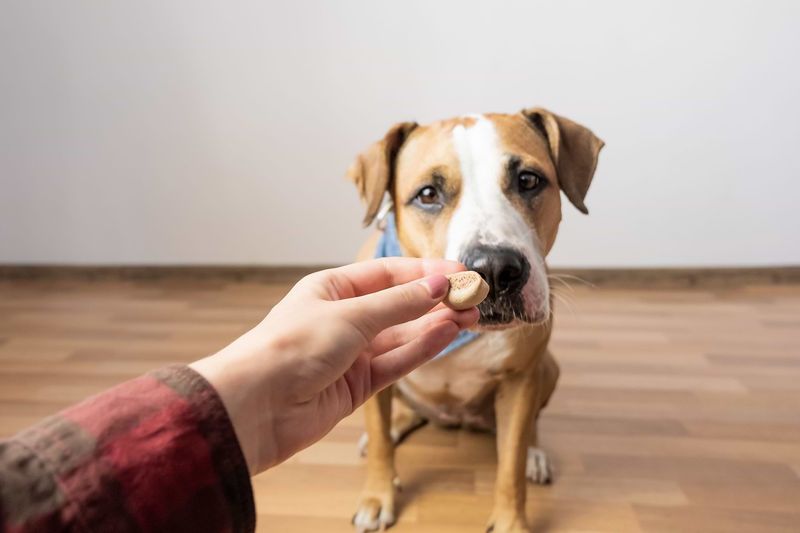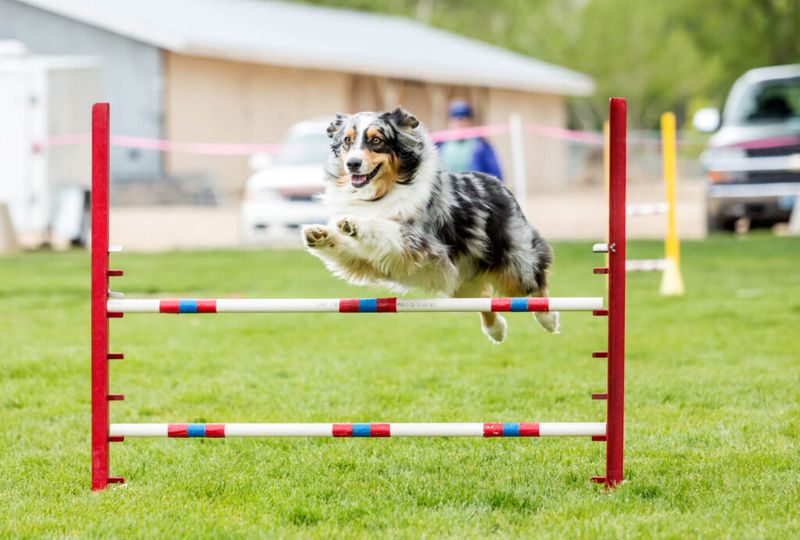Reactive dogs can be challenging, but understanding and employing the right techniques can make a world of difference. This guide offers simple yet effective methods to help soothe your furry friend and create a more peaceful environment for both of you. Whether you’re dealing with barking, lunging, or other reactive behaviors, these strategies will assist in calming your dog and improving your relationship.
Engage in Consistent Training
Training your reactive dog consistently can make a significant difference in their behavior. Begin with simple commands like sit, stay, or come, using positive reinforcement techniques. This not only helps establish control but also builds a trusting relationship between you and your dog.
A calm, structured training environment can help reduce anxiety and improve focus. Short, daily training sessions are more effective than occasional, lengthy ones.
Through consistent training, your dog will learn to respond to your cues, making them more predictable and less reactive in various situations.
Practice Desensitization
Desensitization involves exposing your dog to their triggers at a controlled, safe distance. Gradually decrease the distance as your dog becomes more comfortable. This process helps your dog learn to remain calm in the presence of stimuli that previously caused reactivity.
Start by identifying what triggers your dog and introduce these in a controlled setting, rewarding calm behavior.
Patience and consistency are key. Over time, your dog’s reactivity should decrease, leading to more relaxed walks and outings.
Utilize Puzzle Toys
Puzzle toys can be a great way to mentally stimulate your reactive dog. These toys challenge your dog’s problem-solving skills and keep their mind occupied, reducing the likelihood of reactive behavior.
By focusing on the toy, your dog will have less attention to give to potential triggers in their environment.
Providing a variety of puzzle toys can keep your dog engaged and entertained, offering a positive outlet for their energy and reducing stress levels.
Incorporate Calming Music
Calming music has proven benefits for dogs, helping to reduce stress and anxiety. Playing soft classical or specially designed dog music can create a soothing atmosphere.
The gentle rhythms and harmonies can help your dog relax, making them less reactive to external noises and disturbances.
Try different genres to see what works best for your pet. Regularly using calming music can create positive associations and a peaceful environment for your dog.
Try Aromatherapy
Aromatherapy, using calming scents like lavender or chamomile, can help soothe and relax your reactive dog. Essential oils can be diffused in the air or used in a diluted form on your dog’s bedding.
The calming aroma helps to reduce stress and anxiety, promoting a sense of well-being.
Always ensure the oils are safe for dogs and consult with a vet if unsure. Aromatherapy is a natural way to create a peaceful environment and help your dog stay calm.
Use a Thundershirt
Thundershirts can be a game-changer for reactive dogs. These specially designed garments apply gentle pressure, providing a calming effect similar to swaddling infants.
The constant pressure can reduce anxiety and stress, making your dog feel more secure in potentially triggering situations.
Outings and encounters with known triggers can become less stressful, allowing your dog to remain more composed and calm.
Offer Chew Toys
Chew toys are not just playthings; they provide comfort and help alleviate stress for reactive dogs. The act of chewing releases endorphins, which can naturally calm your pet.
Providing a variety of textures and types ensures your dog remains interested and engaged.
Chew toys offer a productive way for your dog to release pent-up energy, leading to a calmer demeanor and decreased reactivity over time.
Implement a Routine
A consistent daily routine can be incredibly reassuring for reactive dogs. Knowing what to expect helps reduce anxiety and stress.
Regular walks, feeding times, and play sessions create a sense of security and stability.
Predictability in their daily life allows your dog to feel more confident and less reactive to unexpected events.
Provide Safe Spaces
Designating a safe space for your dog can make a big difference in managing reactivity. A quiet, comfortable area where your dog can retreat helps them feel secure.
This space should be free from potential stressors, providing a haven where your dog can relax and decompress.
Encouraging use of the safe space during stressful situations can promote a sense of calm and reduce reactive behavior.
Conduct Vet Consultations
Consulting with a veterinarian is essential when managing a reactive dog. They can rule out medical issues that might be contributing to your dog’s behavior.
Your vet might also recommend supplements or medications to help manage anxiety.
Regular check-ups ensure your dog’s overall health is monitored, assisting in the development of a comprehensive plan to address reactivity effectively.
Attend Obedience Classes
Signing up for obedience classes can provide valuable socialization opportunities for your reactive dog. These classes teach essential skills and commands, helping your dog learn to focus and respond in different environments.
The structured setting provides a controlled space for practicing calm behavior.
Engaging with other dogs and owners in a supportive environment can help reduce reactivity and build confidence.
Utilize Positive Reinforcement
Positive reinforcement is crucial in managing a reactive dog. Rewarding desired behaviors with treats, praise, or play helps reinforce calm and controlled actions.
This method builds trust and strengthens the bond between you and your pet.
Over time, your dog will associate positive experiences with remaining calm, reducing reactivity in various situations.
Explore Canine Sports
Canine sports offer a fun and stimulating way to channel your dog’s energy. Activities like agility, flyball, or scent work provide both mental and physical challenges.
These sports encourage your dog to focus their energy on productive tasks, reducing instances of reactive behavior.
Participation in canine sports can enhance the bond between you and your dog, creating a shared sense of achievement and joy.
